
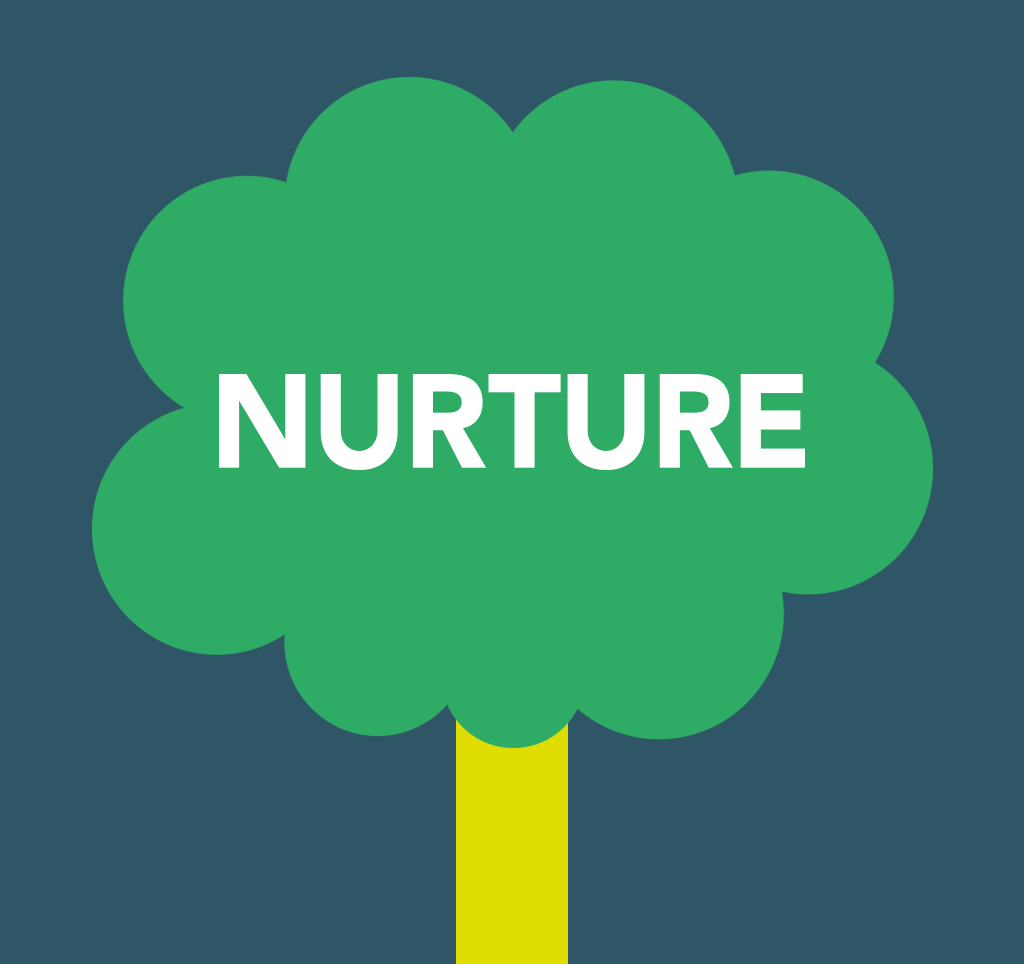
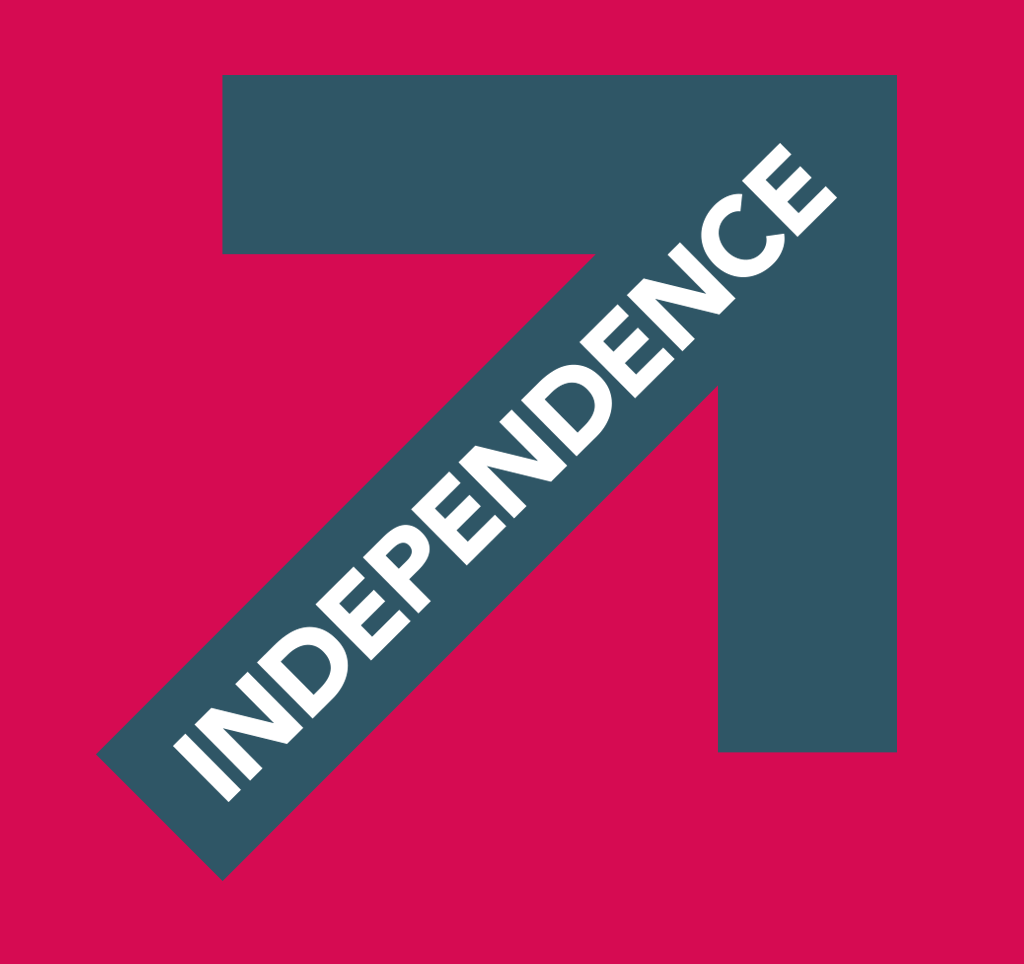
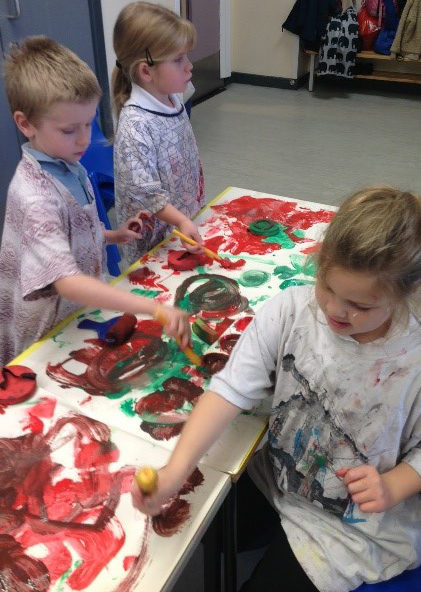
To be an active part of the community an understanding of British values is vital.
Choice making and advocacy are about active participation for pupils so that they understand how they can make a difference. Understanding democratic processes and the skills of active participation, listening to and representing the views of others within the school community is built into a range of experiences for pupils.
Throughout the national curriculum pupils experience key learning linked to life in Britain. Pupils have opportunities through multi-sensory learning to experience a range of cultures. This learning is reinforced for some pupils through the opportunities for discussion and debate.
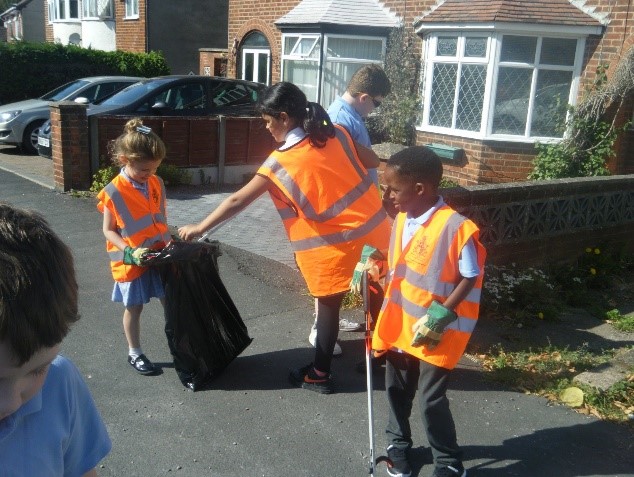

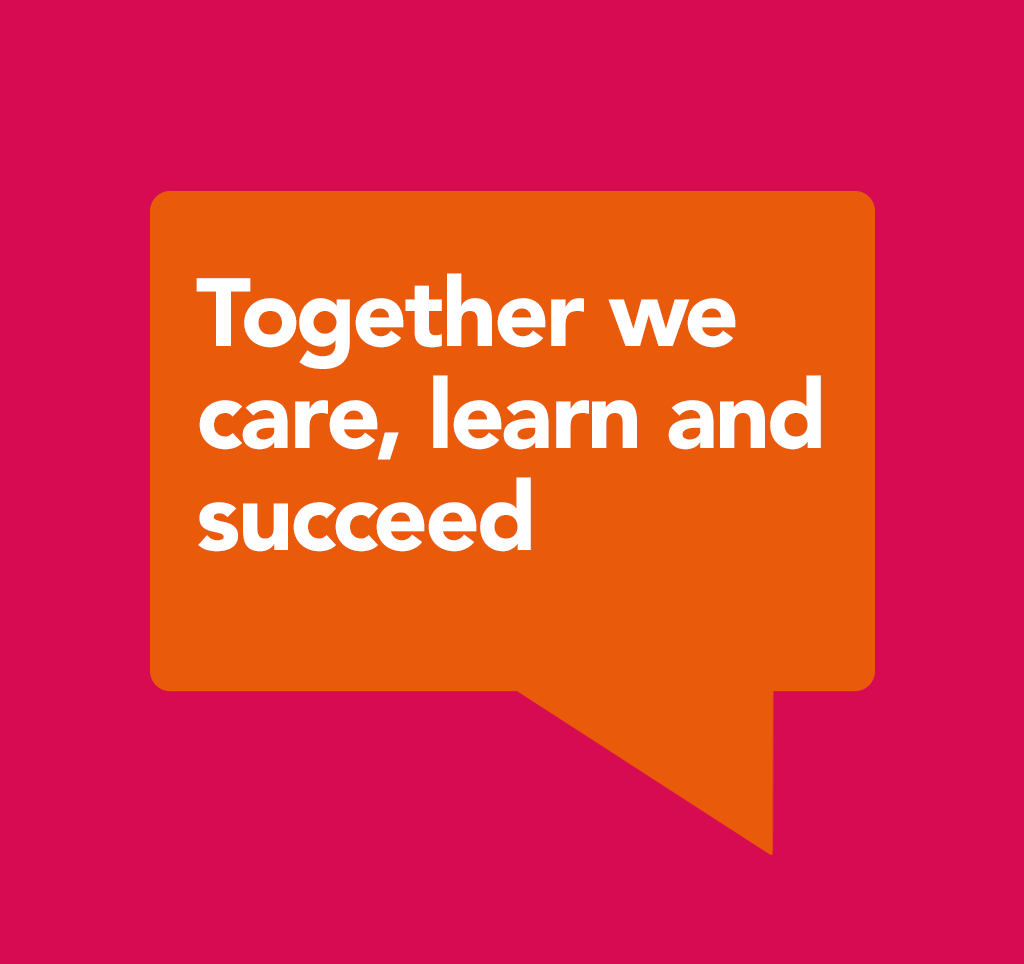
The school vision
‘Nurture and Respect leading to Independence’ is built through the Trust vision ‘Together we Care, Learn and Succeed’.
This reinforces the core British values of mutual respect and tolerance where the personalised experiences created for pupils allows us to challenge and support them in understanding the community, country and world in which they live.
Our curriculum is offered to all pupils across the school. The focus of curriculum is offered in a way that supports the learning of pupils:
- Curriculum exposure uses the curriculum to develop the building blocks for learning (these pupils are working at pre subject specific levels)
- Curriculum knowledge focuses on developing subject specific learning for pupils whilst continuing to develop the skills that support this
The curriculum and learning environment are offered at different levels depending upon:
- The needs of the individual pupils
- Whether curriculum is being used to develop the basic skills for learning or to develop subject specific learning
- The overall needs of the group
- Equality of access to our specialist facilities
To enable pupils to make progress they are given access to the national curriculum – this will be adapted to meet the needs of the pupil and may be provided through a totally individualised timetable. Equality of access is at the heart of curriculum experiences for pupils and the school uses a range of strategies, technology and external support to achieve this.
Curriculum access throughout the school is about developing:
- Communication
Includes speaking, listening, reading and writing, decision making and displaying preference, using symbols, Picture Exchange Communication System (PECS), objects of reference.
- Working with others
Developing social skills, building and sustaining relationships, learning what to do when we make mistakes with others.
- Preparing for the future
Life skills, transition activities, careers guidance (see below)
- Citizenship
Knowing their place within the local community, the country and the wider world. This will include the opportunity to visit local places and support events as well as opportunities to volunteer and take part in work experience. We also work to open up the school to the local community.
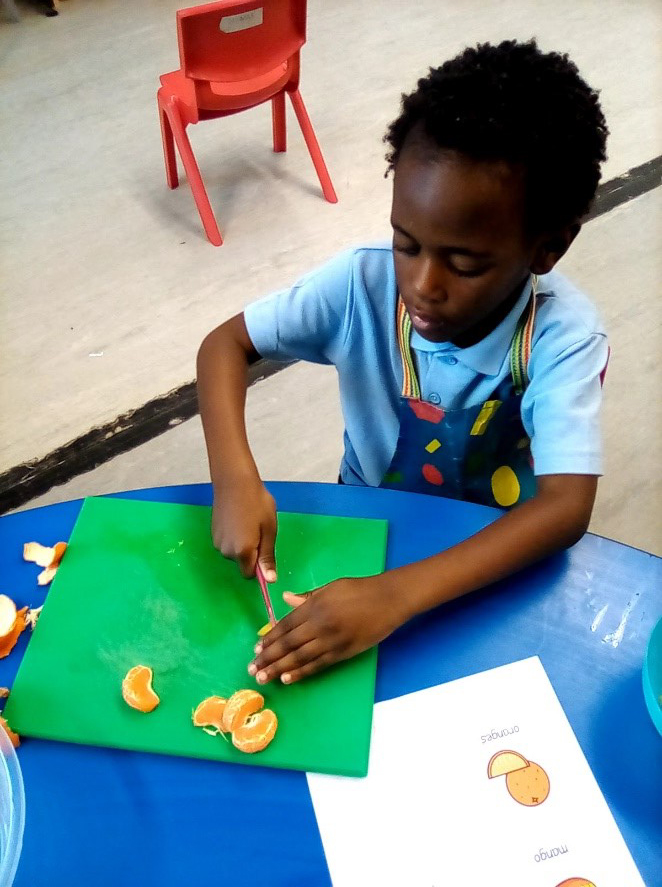
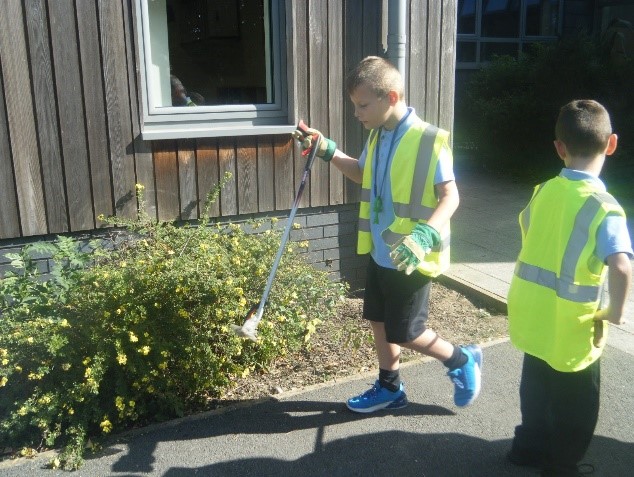
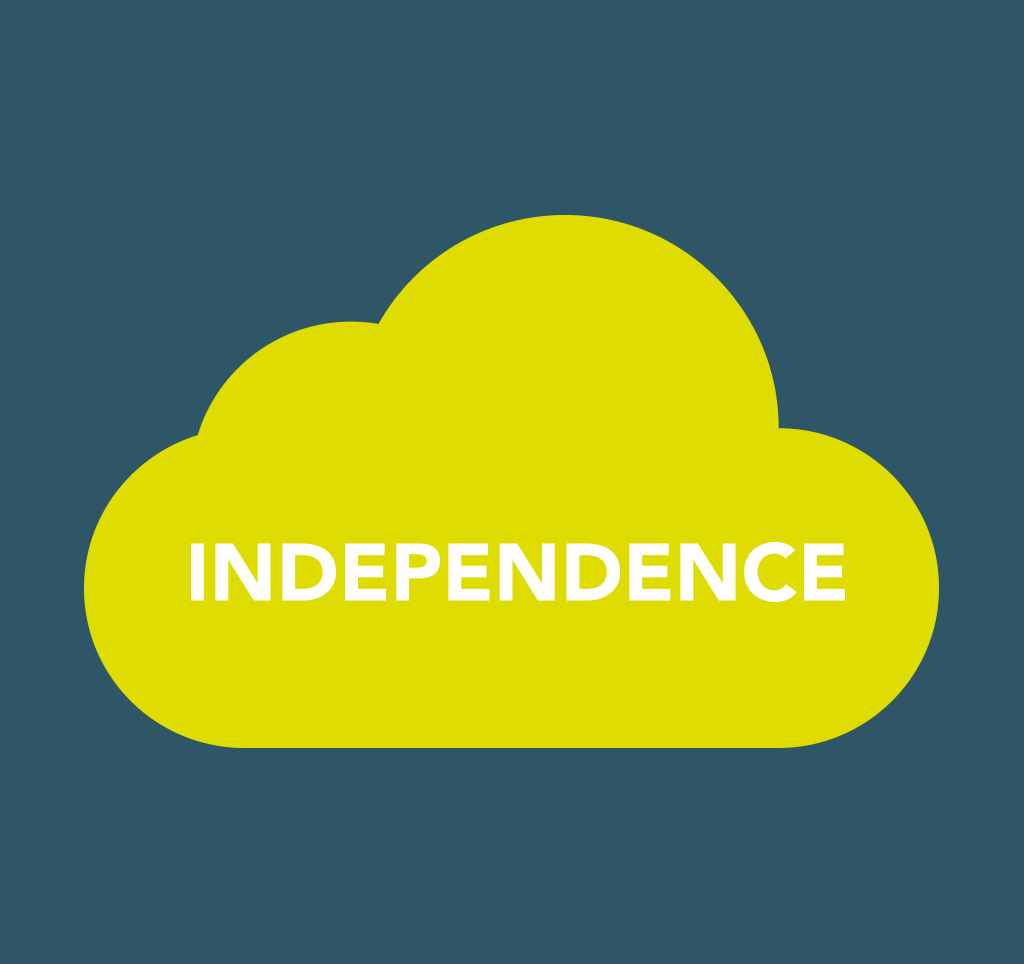
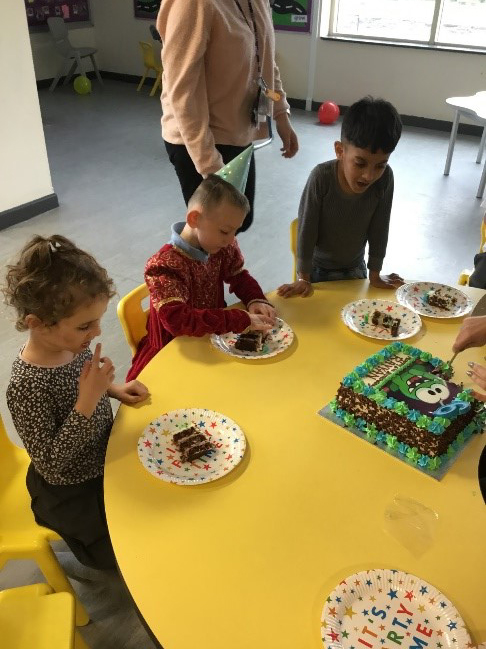
Throughout the school we aim to provide an educational environment that enriches curriculum, making it accessible and relevant to all pupils. All pupils are able to learn and develop their social, creative and academic skills.
Our curriculum is assessed using the Trunks of Learning:
| Curriculum Exposure (pre subject specific learning) | Curriculum Knowledge | ||||
| Explore | Foundation | Core | Application | Enrichment | Accomplished |
| Assessed using the Engagement Model (learners at all ages across the school) | Assessed using milestones linked to Mastery of learning within English, Maths, PSHE, Inquiry | ||||
Our pupils are also assessed using external criteria in Year R, Year 1 for phonics, Year 2 and Year 6. We use external assessment in the form of accredited awards for our older pupils including Entry Level Certificates, GCSEs (supported by our host schools on satellite provision), Arts Award, Duke of Edinburgh and BTEC Workskills.
We ensure that pupils have a breadth of experiences within the curriculum and as part of our wider offer and we capture some of these things with our 50 Things to do before leaving Dorothy Goodman School.
The diversity of our pupils means that our curriculum is offered across six sites, three of which are inclusive satellite bases in partnership with local mainstream schools: New Lubbesthorpe Primary School (Key Stage 1), Richmond Primary (Key Stage 2) and The Hinckley School (Key Stage 3 to 5).